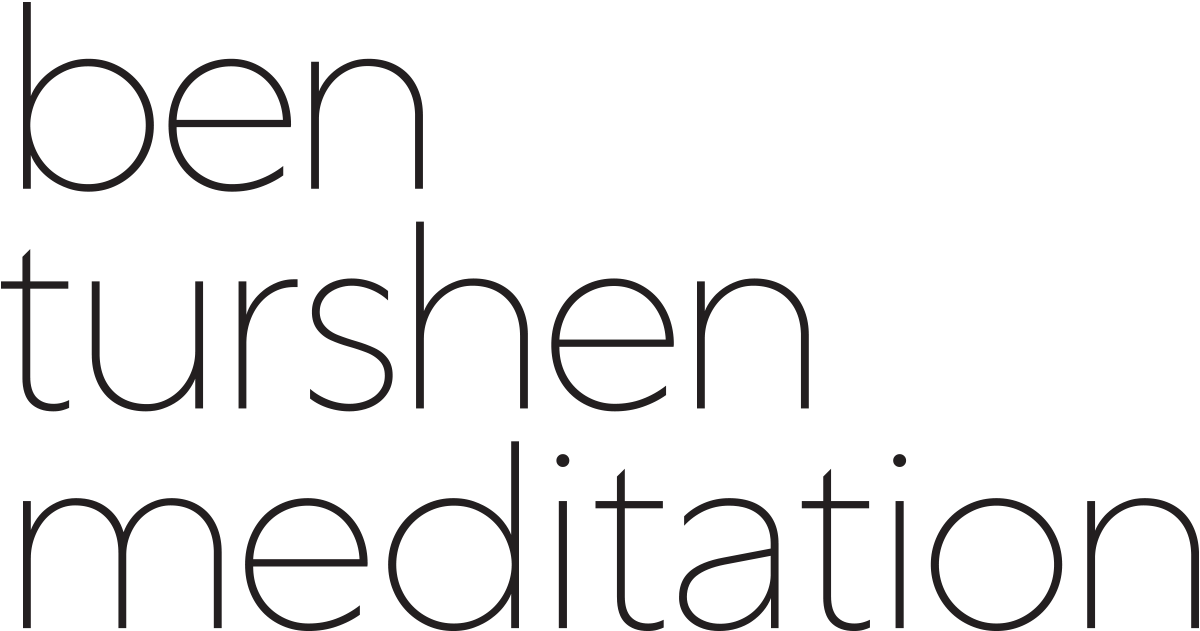By Arden Martin. Originally posted on ardenmeditates.com
These days, the word "meditation" is about as specific as the word "exercise." In a world where it's becoming increasingly cool to meditate, people often say that running or praying or tea or coloring is "their way of meditating." Although these pursuits are valuable, they are not meditation because they don't allow the body to rest deeply, completely transcend thought, and remove stress (rather than temporarily relieve it).
When used correctly, the word meditation generally means sitting quietly with the eyes closed. How long you choose to stay there and what you do with your mind are where things get interesting.
There are many ways to meditate, and virtually all of them are designed to promote physical health, mental health, and the holy grail - happiness. I can't personally vouch for most techniques - the first one I tried was Vedic Meditation, and the results were so profound that I haven't stopped.
With so many people dabbling in meditation and singing its praises, it's hard to believe it could be truly life-changing. People's engagement with meditation and their subsequent results are all over the map, which makes things even more confusing. But I can say confidently that committing to a daily practice after learning from a qualified teacher will not just yield some cool benefits, it is powerful enough to change your entire approach to life.
So, should you do it? Ask yourself this:
Do you enjoy relaxing? Do you enjoy releasing dopamine, serotonin, oxytocin, and endorphins? Do you enjoy being productive? Do you enjoy feeling creative and inspired? Do you enjoy bringing fulfillment to others? Do you enjoy feeling at home in your own body?
Do you enjoy liking yourself?
I could go on, but if yes, there's your answer.
